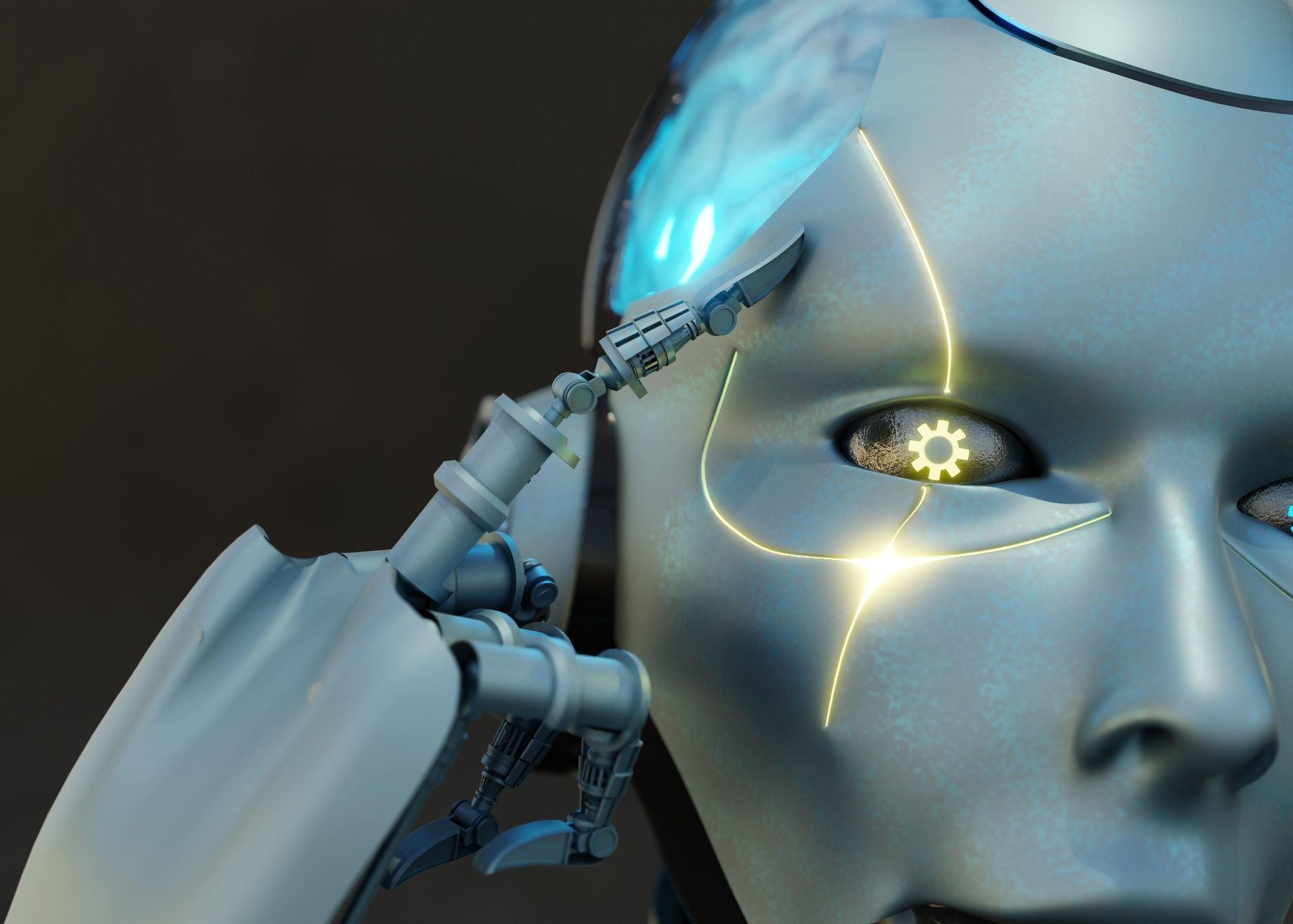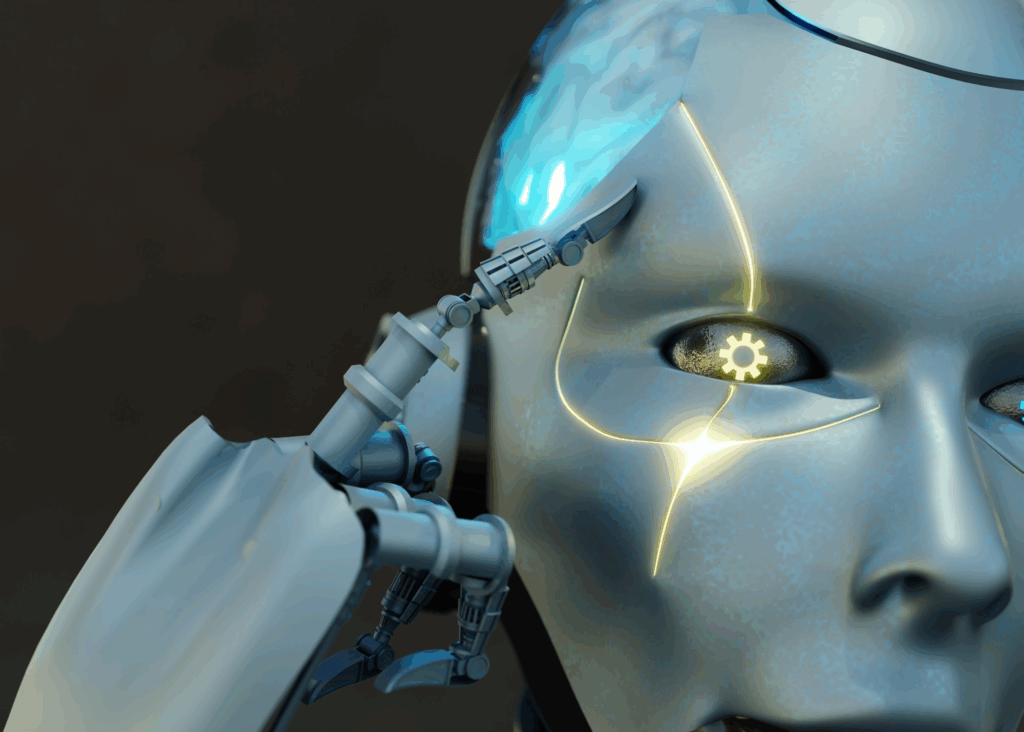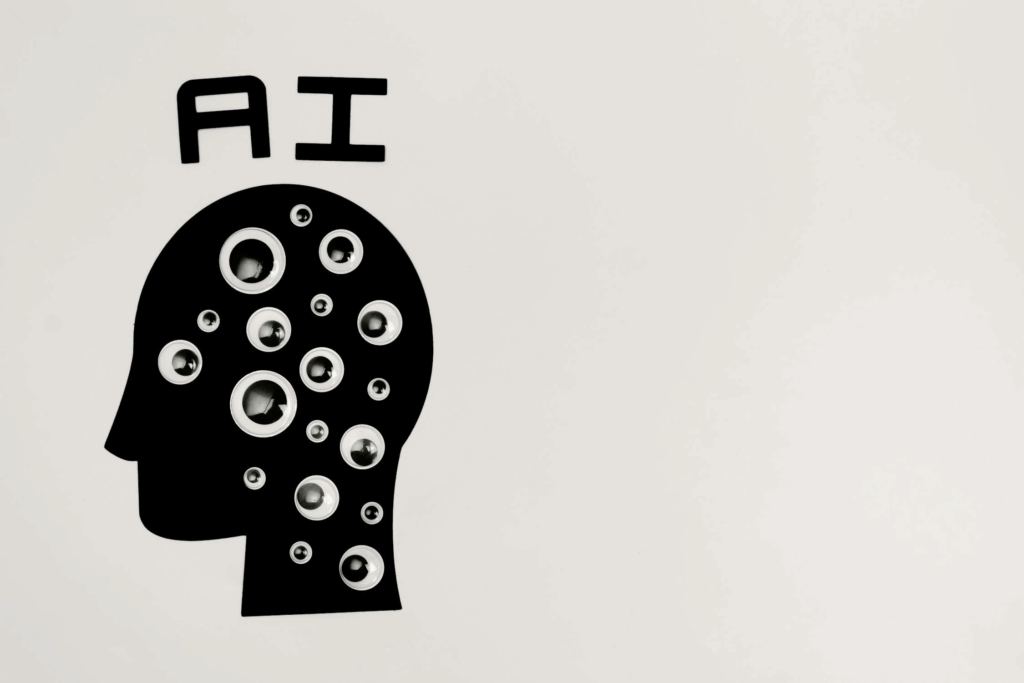But trust in AI isn’t evenly distributed. A 2025 Deloitte report revealed a stark gender gap: while 70% of men express comfort using generative AI, only 50% of women say the same.
One of the reasons? AI’s role in amplifying gendered abuse—especially via deep-fake harassment, which disproportionately targets women, especially those in leadership and media.
Until AI systems are designed with inclusivity, safety, and dignity at the core, these gaps will persist, reinforcing systemic inequities in technology adoption.
The Moral Operating System for AI
As we enter the next phase of the AI revolution, E-E-A-T is no longer just a search algorithm guideline—it’s a moral operating system for intelligent machines.
Experience grounds AI in human context.
Expertise ensures it’s not just smart, but skilled.
Authoritativeness brings accountability to innovation.
Trustworthiness is the bridge between AI and society.
The future of credible AI is not just about what machines can do, but whether we can believe in them. And that belief will be shaped not by their IQ but by their integrity.
Unlock the Future of AI -
Free Download Inside.
Get instant access to HonestAI Magazine, packed with real-world insights, expert breakdowns, and actionable strategies to help you stay ahead in the AI revolution.





